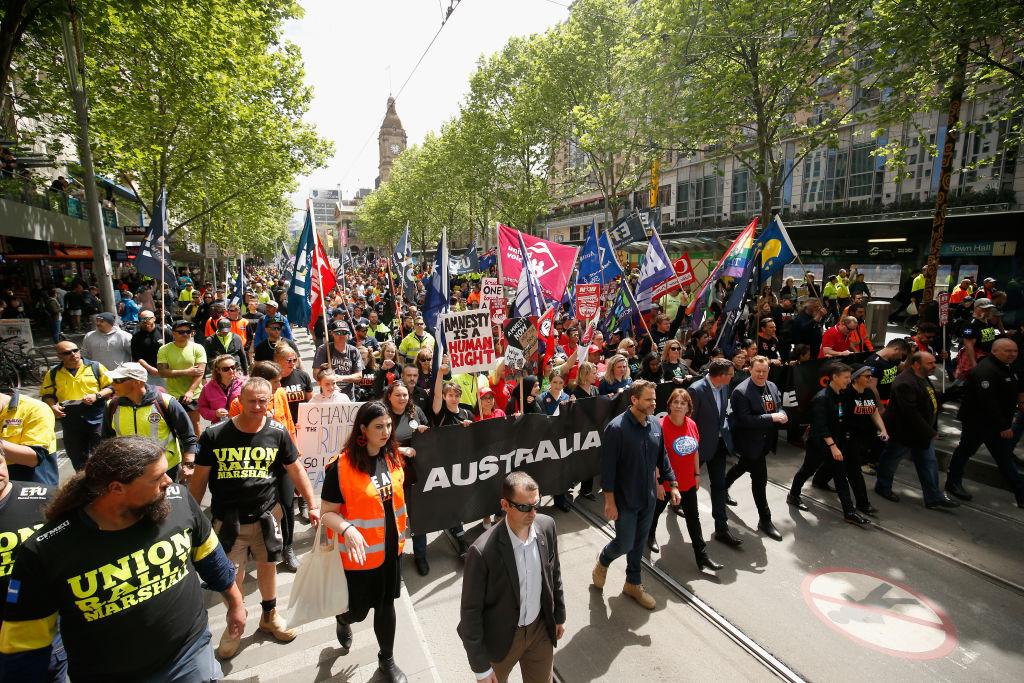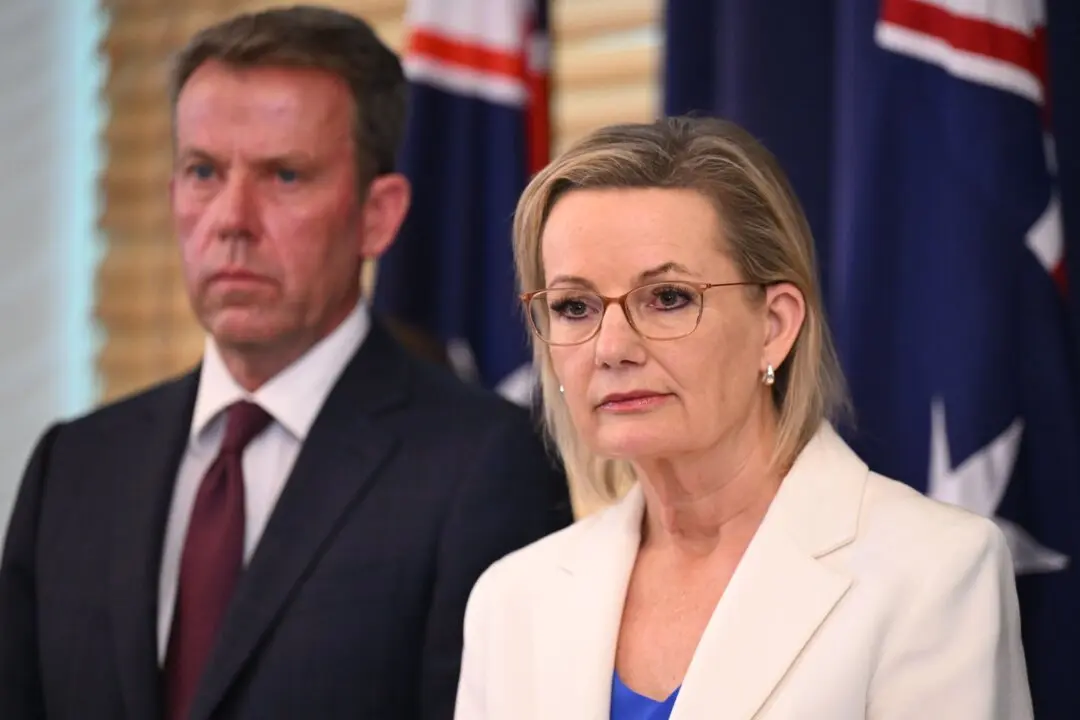The Australian Council of Trade Unions (ACTU) has proposed radical reforms to spur productivity in the country, including controls on energy prices and stopping impending personal tax cuts.
Yet federal Treasurer Jim Chalmers has responded, saying that while ideas were welcome, they would not necessarily be adopted at the September Jobs and Skills Summit.





